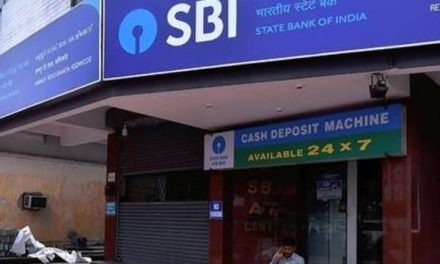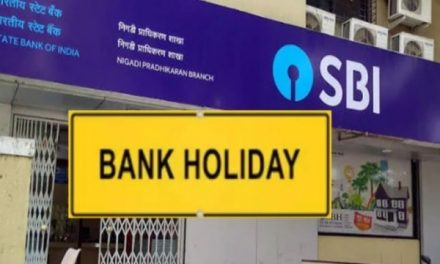Delhi mero service: After being closed since March 22 in view of the COVID-19 pandemic, Delhi metro service will be allowed to operate with effect from September 7 in a ‘calibrated manner’, as the Ministry of Home Affairs (MHA) announced Unlock 4.0 guidelines, allowing more activities outside the containment zones. MHA in its new Unlock 4.0 guidelines said, “Metro rail will be allowed to operate with effect from 7th September 2020 in a graded manner, by the Ministry of Housing and Urban Affairs (MOHUA)/ Ministry of Railways (MOR), in consultation with MHA. In this regard, Standard Operating Procedure (SOP) will be issued by MOHUA.”
Chief Minister Arvind Kejriwal tweeted that he was “glad” the *metro services will resume operations in a phased manner.
“As per the latest guidelines issued by the Ministry of Home Affairs under Unlock-4, the Delhi Metro will be resuming its services for the public from September 7 onwards in a calibrated manner,” the Delhi Metro Rail Corporation (DMRC) said in a statement.
Further details on the metro’s functioning and its usage by the general public will be shared once a detailed SOP is issued by the Ministry of Housing and Urban Affairs in the next few days, the officials said.
Delhi Metro service guidelines
The thermal screening will be done at each station. 50,000 stickers have been pasted inside the metro coach for social distancing. A limited number of passengers will be allowed. Earlier, the metro with 6 coaches used to seat 1800 to 2000 passengers, but now this number will be reduced to 300. The metro will run from 7 am to 8 pm. At the same time, the stop time of the train at the station can be increased from 10-20 seconds to 20-40 seconds. A temperature of 26 degrees will be maintained inside the coach.
Here’s how Delhi Metro service may operate from Sept 7
- New smart cards with the auto top-up facility, stickers on social distancing norms will be pasted on seats and platform floors.
- Inside metro premises like stations and train coaches, wearing masks will be mandatory, and social distancing norms will be followed as per government guidelines, and people not wearing masks will not be allowed to enter metro premises, officials said.
- Trains will halt for a longer duration than on regular days to allow commuters to board coaches and alight from it while maintaining a physical distance. Also, the number of persons permissible to board a lift will be reduced in view of social distancing.
- One train coach can accommodate about 50 passengers on seats and a total of nearly 300 riders in the entire compartment, including standing commuters. With social distancing norms, this number will reduce drastically.
- Among other measures, red lines have been drawn at regular intervals next to AFC gates and security checking gates, just before commuters enter near the platform area.
- On platform floors, large stickers bearing ‘Ensure Social Distancing’ message have been pasted at regular intervals, with a while circle bordered by an outer red circle, to alert commuters.
- Thermal scanners will take the temperature of commuters while entering and hand sanitizer will keep for them too.
Mean-while, India has recorded over 68,000 new cases in the past 24 hours, taking its total caseload to 3,766,108. India is swiftly narrowing the gap with Brazil’s case tally. With 1,025 fatalities being reported on Tuesday, the country’s death toll is now at 66,460. The five most affected states by a total tally of cases are Maharashtra (808,306), Andhra Pradesh (445,139), Tamil Nadu (433,969), Karnataka (351,481), and Uttar Pradesh (235,757). Delhi recorded 2,312 new COVID cases, its highest single-day jump in nearly two months. The national capital now has 177,000 cases. Chennai serosurvey, meanwhile, has found that 21.5 percent of the city’s population has already been exposed to the Covid-19 infection.











